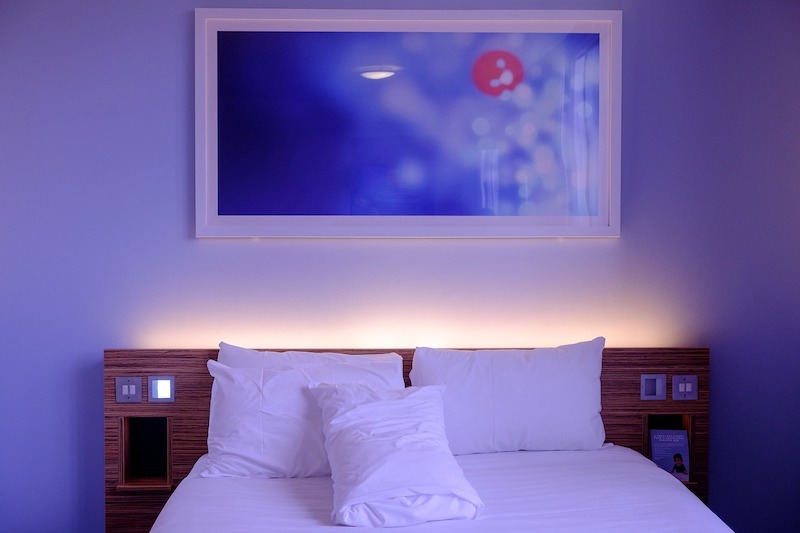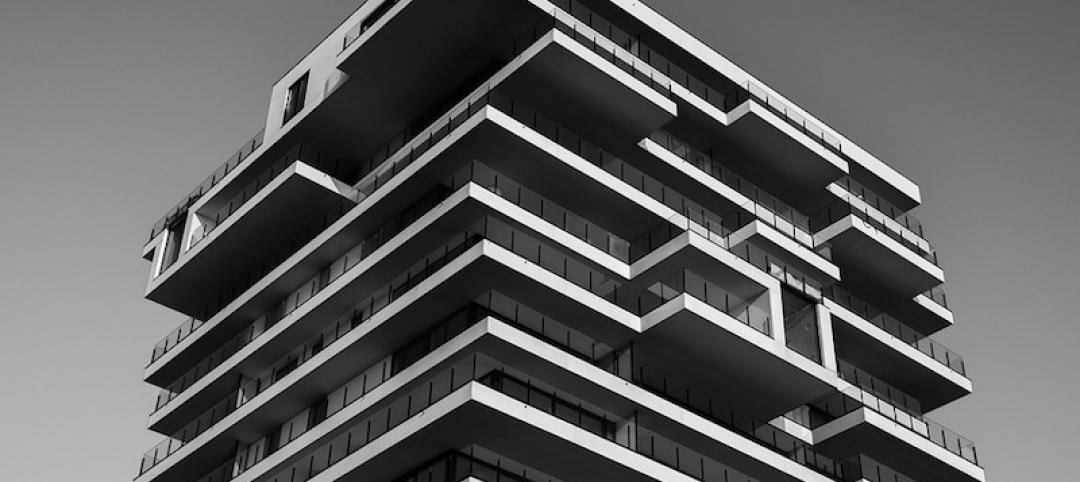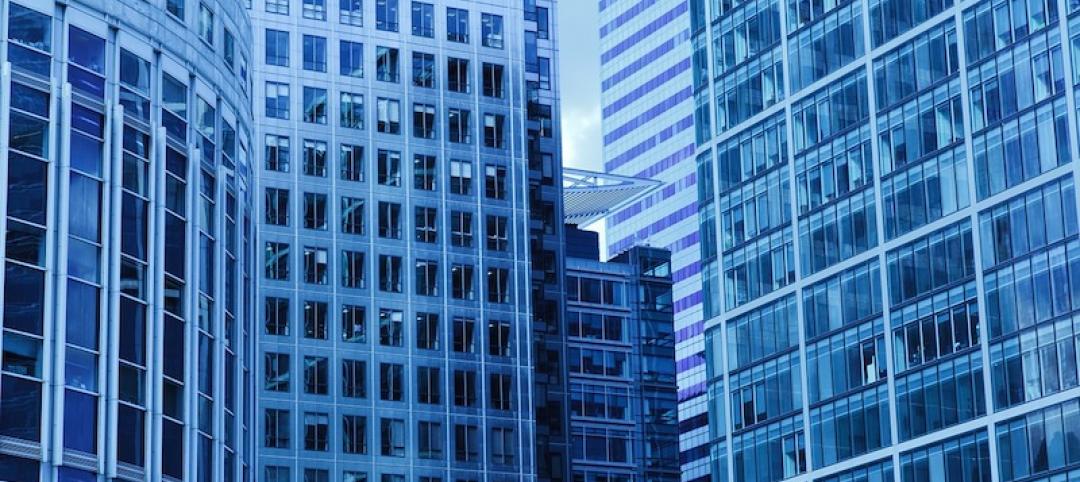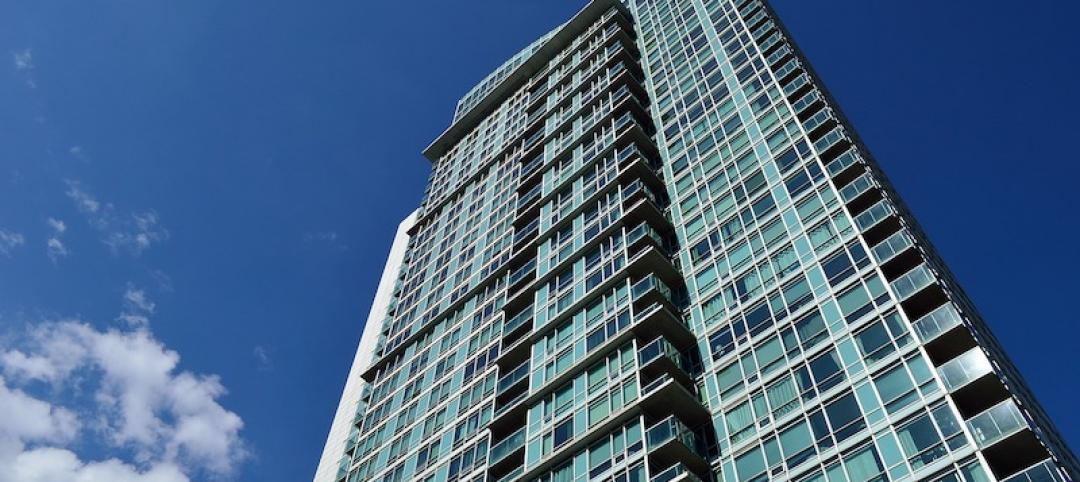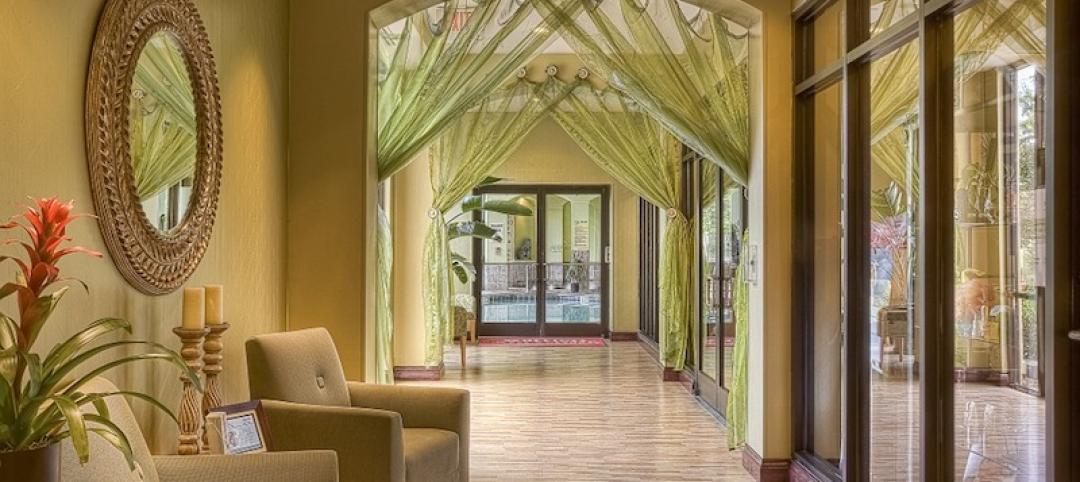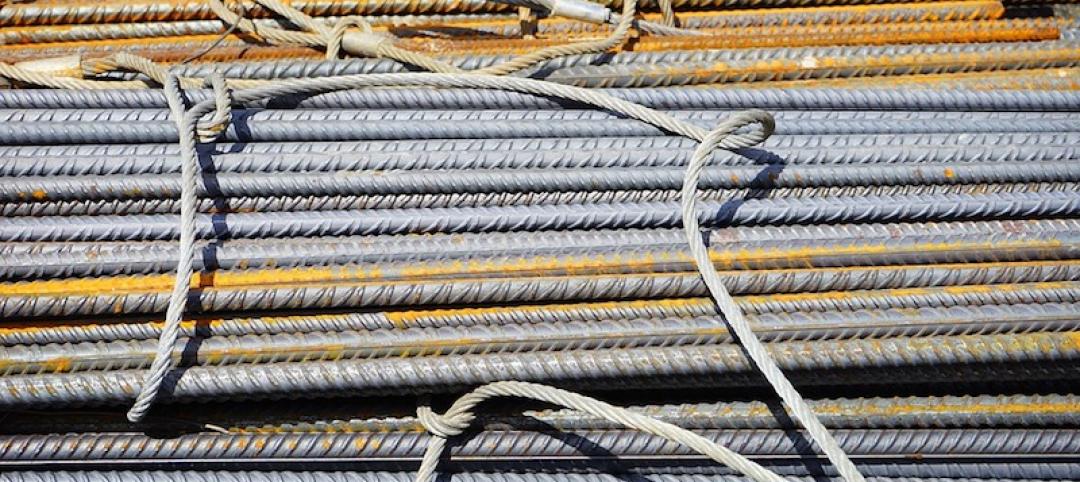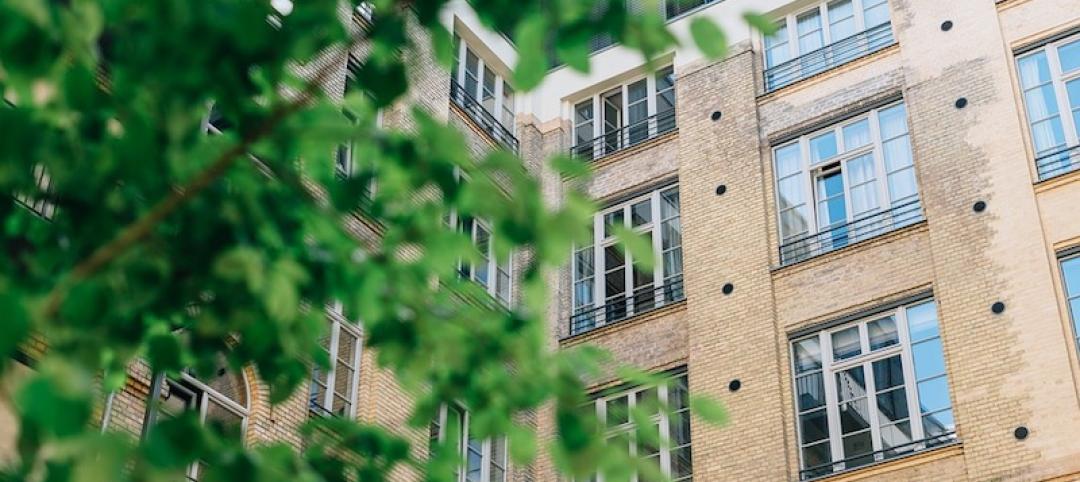Analysts at Lodging Econometrics (LE) report that at the close of the second quarter of 2020, the total U.S. hotel construction pipeline stands at 5,582 projects/687,801 rooms, down a mere 1% by projects and rooms, Year-Over-Year (YOY). Remarkably, despite some project cancelations, postponements, and delays, there has been minimal impact on the U.S. construction pipeline. Contrary to what is being experienced with hotel operations, the pipeline remains robust as interest rates are at all-time lows.
Projects currently under construction stand at 1,771 projects/235,467 rooms, up 3% and 1% respectively, YOY. Projects scheduled to start construction in the next 12 months total 2,389 projects/276,247 rooms. Projects in the early planning stage stand at 1,422 projects/176,087 rooms. As expected, developers with projects under construction are still experiencing some opening delays. However, projects continue to move forward, albeit with extended timelines. As was the case at the end of the first quarter, developers with projects scheduled to start construction in the next 12 months continue to monitor current events and make adjustments to their construction start and opening dates.
In the first half of 2020, the U.S. opened 313 new hotels with 36,992 rooms. Additionally, there were 481 new projects with 56,823 rooms announced into the pipeline in the first half of 2020. Of those totals, 169 new project announcements with 20,359 rooms occurred in the second quarter. With franchise development staff largely working from home, non-essential travel halted, and with the on-going pandemic, the ability to get a new development deal signed has slowed. This has resulted in a 53% decrease in new project announcements compared to the second quarter of 2019 when 359 projects/44,895 rooms were recorded.
With the arrival of summer, the country has begun to see an uptick in domestic leisure travel. As a result, more and more hotels are re-opening, and many others have begun to move-up renovation plans and/or are repositioning their property with a brand conversion. In the first half of 2020, LE recorded 1,465 active renovation projects/314,043 rooms and 1,196 active conversion projects/136,110 rooms throughout the United States.
Related Stories
Market Data | Aug 13, 2018
First Half 2018 commercial and multifamily construction starts show mixed performance across top metropolitan areas
Gains reported in five of the top ten markets.
Market Data | Aug 10, 2018
Construction material prices inch down in July
Nonresidential construction input prices increased fell 0.3% in July but are up 9.6% year over year.
Market Data | Aug 9, 2018
Projections reveal nonresidential construction spending to grow
AIA releases latest Consensus Construction Forecast.
Market Data | Aug 7, 2018
New supply's impact illustrated in Yardi Matrix national self storage report for July
The metro with the most units under construction and planned as a percent of existing inventory in mid-July was Nashville, Tenn.
Market Data | Aug 3, 2018
U.S. multifamily rents reach new heights in July
Favorable economic conditions produce a sunny summer for the apartment sector.
Market Data | Aug 2, 2018
Nonresidential construction spending dips in June
“The hope is that June’s construction spending setback is merely a statistical aberration,” said ABC Chief Economist Anirban Basu.
Market Data | Aug 1, 2018
U.S. hotel construction pipeline continues moderate growth year-over-year
The hotel construction pipeline has been growing moderately and incrementally each quarter.
Market Data | Jul 30, 2018
Nonresidential fixed investment surges in second quarter
Nonresidential fixed investment represented an especially important element of second quarter strength in the advance estimate.
Market Data | Jul 11, 2018
Construction material prices increase steadily in June
June represents the latest month associated with rapidly rising construction input prices.
Market Data | Jun 26, 2018
Yardi Matrix examines potential regional multifamily supply overload
Outsize development activity in some major metros could increase vacancy rates and stagnate rent growth.


